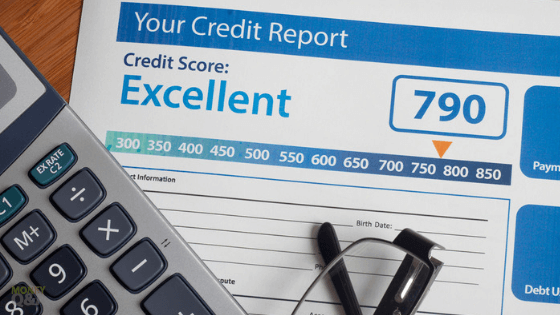The 2017 Equifax data breach led to the exposure of the private information of around 148 million Americans. Everything in the line of their address, social security numbers, and names were stolen by cybercriminals. In some cases, the misappropriated data can easily fall in the wrong hands snowballing into identity theft. You may need to freeze your credit report to help protect yourself and your family.

Among the worst case scenarios would be that the thieves could use the data that they collect to easily apply for loans, which could easily have a damaging financial impact towards you. For those affected or those looking to avoid such a scenario, it might be wise to freeze their credit report. The question is, what is the best time to do so?
Here are a few details on freezing your credit report and how to go about it:
The Impact of Freezing Your Report
If they gain access to enough personal information, identity thieves can easily apply for loans under your name. While there are some instances that they might fail to get the loan they desire, the chances are that they will still leave a hard inquiry on your credit report – which takes two years to disappear from your report. Although a single hard inquiry cannot harm your report, multiple inquiries can easily lower your credit score.
This means that the aspect of criminals trying to open loan accounts under your name can both have you trying to pay back the cash they take out and having to deal with a lowered credit score. With a credit freeze, you will make it tough for anyone to gain access to your credit report or even open up an account in your name. You will be offered a PIN which you can use later in life to lift the freeze.
When a Credit Freeze Might Not Be Appropriate
Sure, freezing your credit prevents the effects of identity theft, but it also prevents you from gaining access to loans as long as it is active. If you want to get a car loan or apply for a mortgage, you must first have it lifted, or else it will delay the application process. Luckily, lifting the freeze is pretty easy.
You need to make a call to all three credit bureaus to have it lifted till you can get the loan. Furthermore, you can unfreeze it and have it refrozen automatically after some time. However, it might not be a good idea to freeze your credit when you are expecting to apply for loans in the foreseeable future.
Credit Freezes Aren’t Fool-Proof
It can still be possible to be a victim of credit fraud or identity theft despite having frozen your credit report. As a result, it makes sense to monitor your credit to prevent fraud. You can either use it together with a credit freeze or in its place.
You will need to monitor your bank statements, credit card balances, and even your credit score every once in a while. It might also pay to ask your credit company to offer you alerts for any fraudulent activity on your credit card. Lastly, you should also assess your credit score every year to identify any loopholes or any incorrect parts of the report. Alternatively, consider paying for credit monitoring services.
How a Credit Freeze Impacts Your Score
A credit freeze has no negative impact on your score. It will only make the process of loan application longer if you fail to lift it before applying for a loan. When deciding to apply for a freeze, you should factor in your lifestyle and any big financial decisions you have in the future. The freeze will help ensure that no unauthorized person gains access to your report whenever you don’t need to use it.
Identity theft can leave you financially frustrated. The trick is to stop it in its tracks. Consider freezing your credit report as long as you are sure it won’t slow your goals to get some credit.

